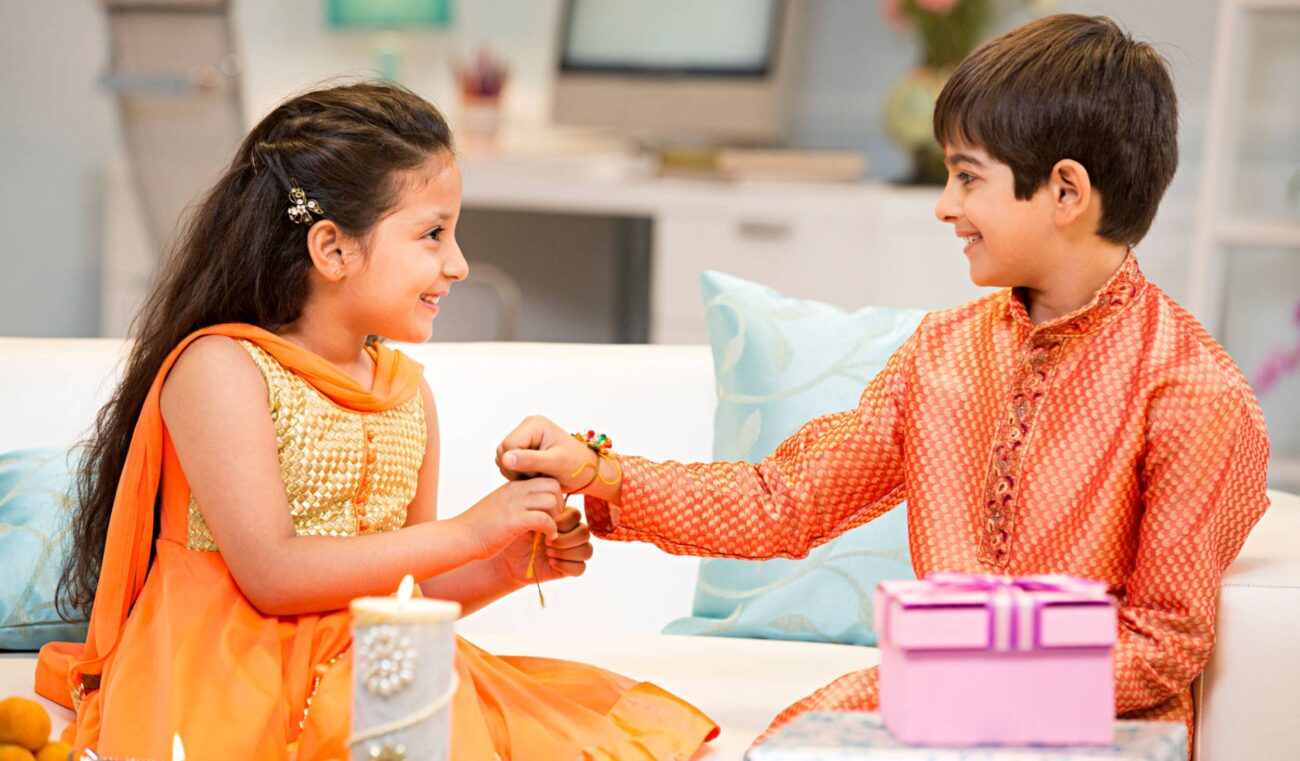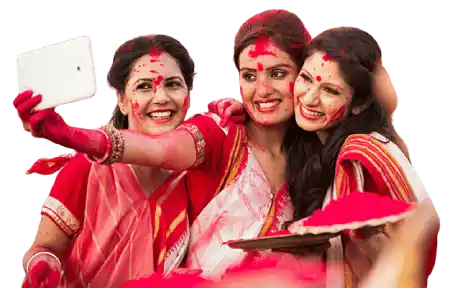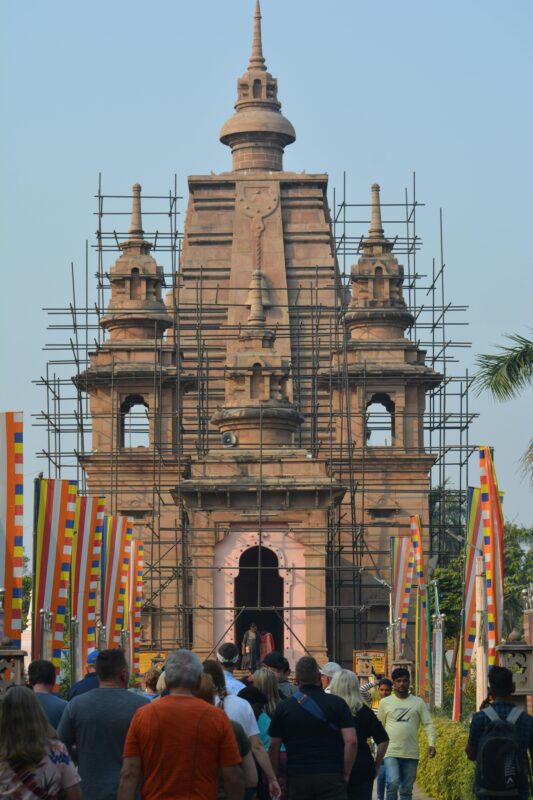
A New Era RakhaBandhan
The family bonding and relationships have always been cherished in India since the ancient times. It is the moments that we spend with our loved ones that becomes one of the priceless experiences of life. The festival of Rakshabandhan originates from the Sanskrit word “Raksha” and “Bandhan” which in literal sense means “A bond to be protected”. The ‘Rakhi’ or the knot that the sister ties on her brother’s wrist symbolizes the “Protection from all evil”. Rakshbandhan is a Vedic festival, celebrated on full moon every year in the month of August.
For our ancestors this festival was simply a way of showing how much we respected our siblings for protecting and for being there through all ups and downs. They believed more in the processes of the rituals conducted that day which includes pooja, aarti, visiting their siblings and spending valuable times. In those times the rakhi designs just used to be the basic rakhi or sometimes even just ‘Mauli dhaga’ (a thread). Nowadays the concentration is more upon the design of the Rakhi. Few days before the festivities start, families go for rakshabandhan shopping wherein each member of the family buys new clothes for the main day. This festival is just an act of thanking the brother for protecting his sister wherein the sister ties a rakhi or a band which has the blessings of gods, which also keeps him away from all evil.
In the present world where the siblings live far from each other in separate countries due to their work commitments, nothing can be more joyful as to celebrate rakshabandhan and seeing each other after a very long time. For them this long-awaited meeting, which might even be for a few days or even few hours must have been the most valuable and treasured moments in this hustle life.
One might even wonder how this festival came into existence. Needless to say that there are number of myths regarding any tradition or rituals in India, so is the case with Rakshabandhan. One of the trusted myths around rakshabandhan is that Lord Krishna created a brotherly bond with Draupadi after she tore a piece of her saree to tie it on a wound cut on Krishna. He promised to protect her and eventually he kept his word when the Kauravas attempted to disrobe her. Krishna made sure that her saree cloth was unending. As a thanking gesture Draupadi later tied rakhi to Lord Krishna along with Pooja thali with tika and sweets for his caring gesture towards his sister.
A sister not only ties rakhi to her real brother but also to men who are brotherly to her, which includes her cousin brothers, or non-blood siblings who protects her as a brother in every way possible.
One feels disheartened when the siblings are no more living with them. Some might have gone abroad for studies, some got married. Today most siblings are not able to be a part of their siblings crucial life changes. The virtual video calling nowadays acts as a light in the dark for those who are unable to make it for the festivities. The sisters send rakhi to their brothers staying far away via posts. On rakshabandhan, poojas are done virtually, quality time is spent with each other by scheduling virtual movie nights, remote game sessions, virtual karaoke sessions.
With the rise of virtual sessions these days there are less probability of missing the festivity. Even with the alternate solution that the technology provides with, the essence of being physically present for Rakshabandhan adds a sweet touch to the festivities.




















Happy rakhi